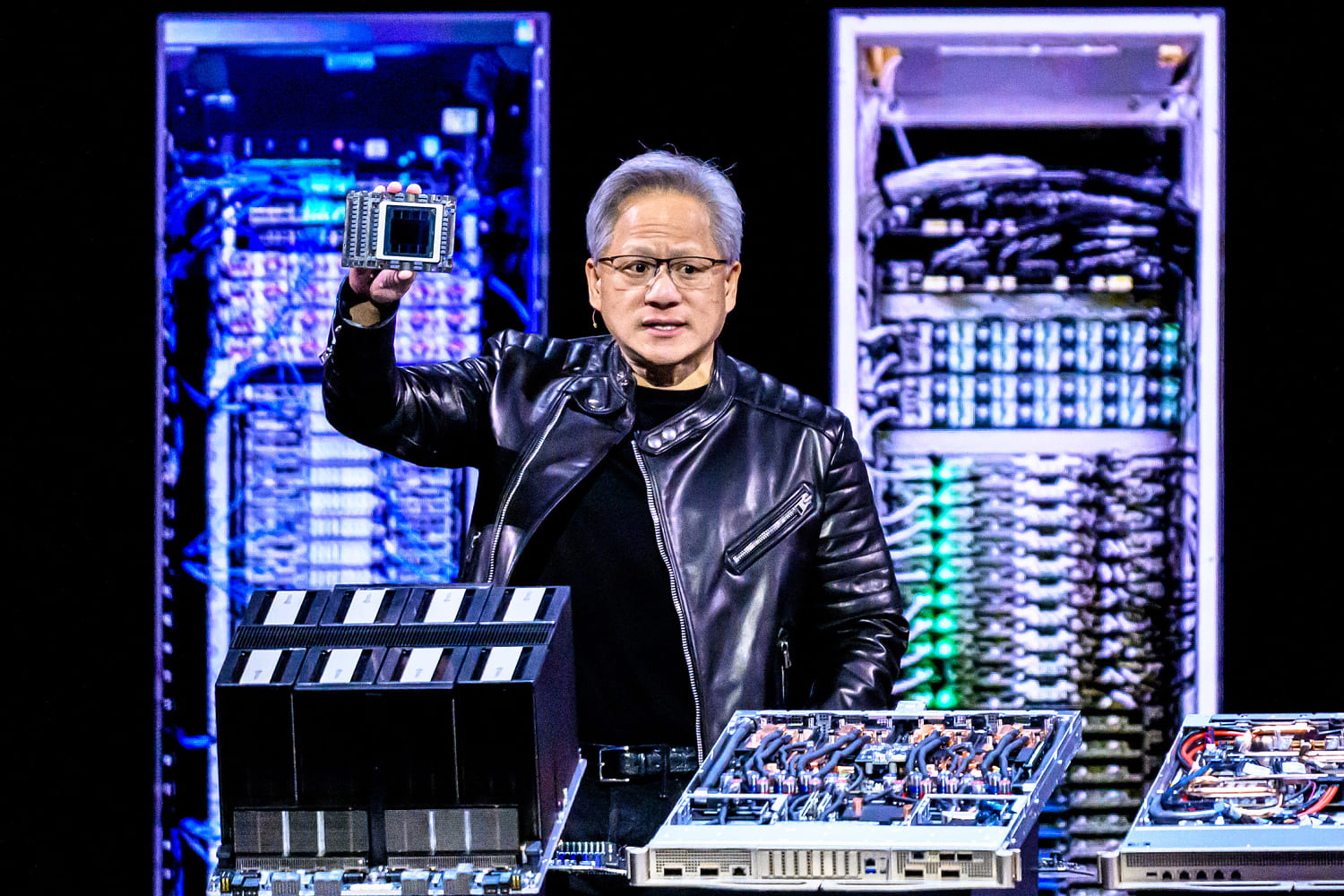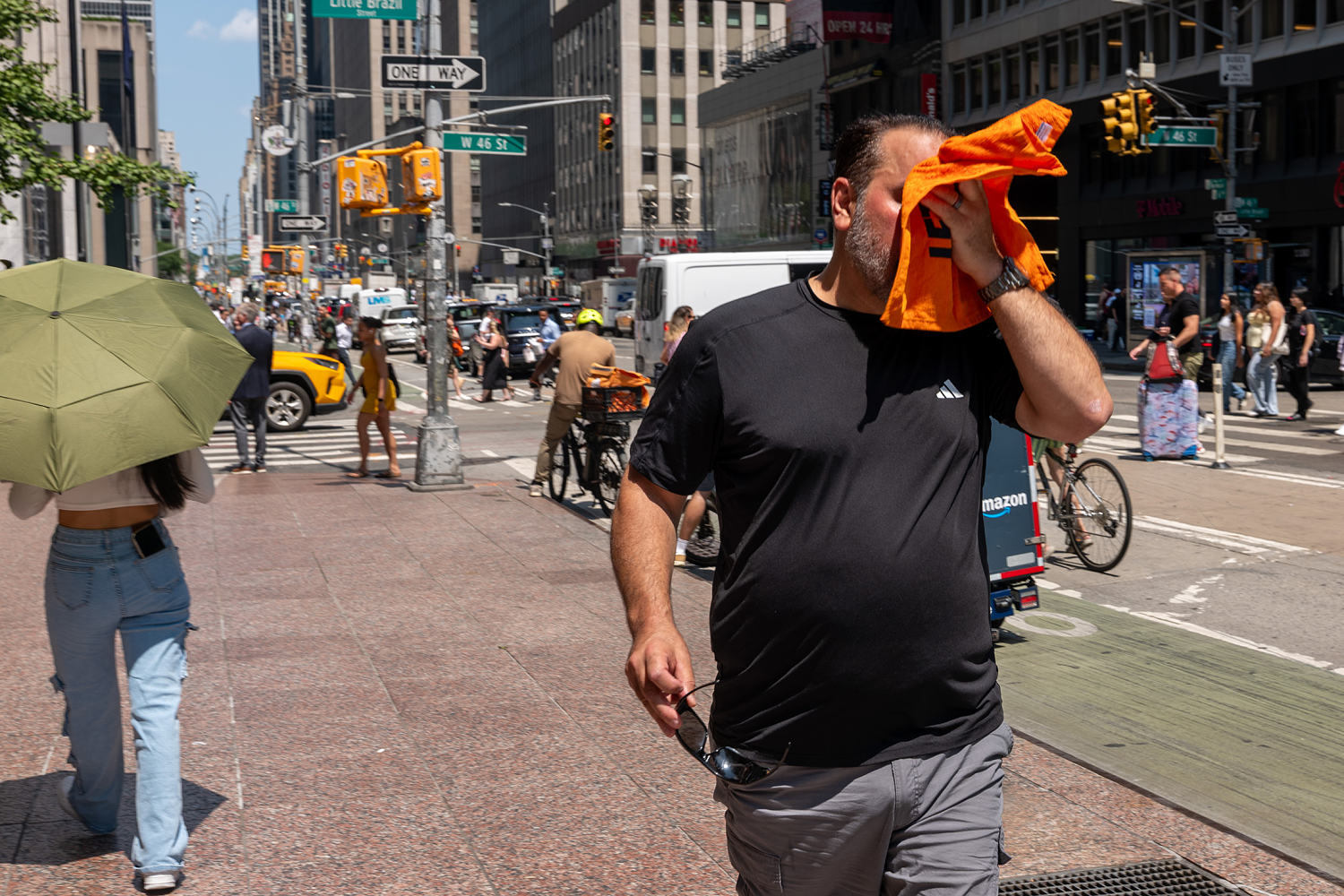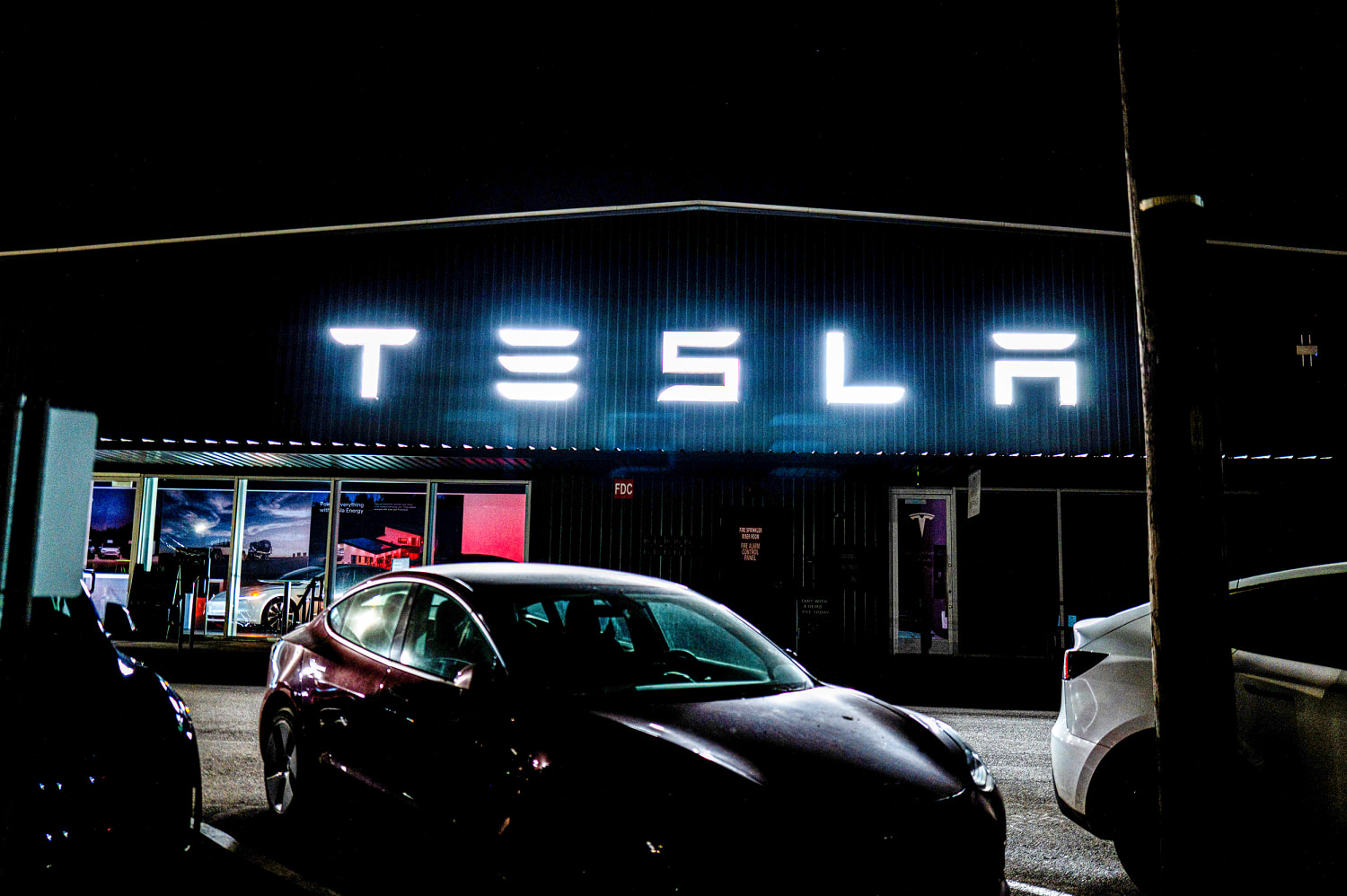China probes Nvidia over AI chip ‘tracking’ security risks


While Nvidia has been given assurances by Washington that it will be allowed to resume exports of its made-for-China H20 general processing units, the AI chips may be met with increased scrutiny from Beijing.
According to the Cyberspace Administration of China, Nvidia met with Beijing officials on Thursday regarding potential national security concerns posed by its H20 chips, which recently saw restrictions on their export lifted following an effective ban in April.
Nvidia was requested “to clarify and submit relevant supporting documentation regarding security risks, including potential vulnerabilities and backdoors, associated with its H20 computing chips sold to China,” according to a CNBC translation of a statement from CAC.
In a post, the regulator said that Nvidia’s computing chips were reported to have serious security vulnerabilities, also noting calls from U.S. lawmakers for mandatory tracking features to be placed on advanced chips exported from the country.
In its statement, CAC added that American AI experts had already revealed that Nvidia’s computing chips pose mature “tracking and positioning” and “remote shutdown” technologies.
The statement appears to be referencing a report from Reuters in May that said Bill Foster, a Democrat lawmaker from Illinois, was planning to introduce legislation that would require advanced AI chipmakers like Nvidia to include a built-in location reporting system.
Forester, who once worked as a particle physicist, and independent technical experts reportedly agreed that the technology to track chips was readily available, with much of it already built into Nvidia’s chips.
Forester’s bill would also seek to give U.S. authorities the power to remotely shut down chips being used without proper licenses, in a measure to fight chip smuggling and export loopholes.
Nvidia did not immediately respond to a request for comment from CNBC.
In recent weeks, many American lawmakers have also taken issue with the reported rollback of restrictions on Nvidia’s H20 chips, warning they will advance Beijing’s AI capability.
This week, Nvidia reportedly placed orders for 300,000 H20 chipsets with contract manufacturer TSMC as it seeks to meet Chinese demand.




